Francis Ford Coppola has been a prisoner of the studio system his entire career. When he reluctantly agreed to adapt The Godfather as a young, broke director, Paramount Pictures did everything in their power to restrain his creative free-will. They wanted to set the film in 1970s St. Louis to save money, and they passionately fought against the castings of Marlon Brando and Al Pacino. By a narrow miracle, he maneuvered past them, and he made it his way. The rest is history.
Coppola parlayed his newfound clout into an ambitious five-year-run of The Conversation, The Godfather Part II, and Apocalypse Now. Then he parlayed that into self-funding his $26 million musical passion project One from the Heart. He lost, and it sent him to the brink of bankruptcy.
Coppola would spend the next fifteen years paying penance to the studio system, taking commercial director-for-hire gigs to recoup his debts. They varied in quality: some good, some bad, most mediocre, and none passionate. Somewhere around that time he began to concept Megalopolis, but he could never make it his way. Not for forty years. Not until now.
After selling a large chunk of his wine estate, Coppola gathered $120 million to self-finance his cinematic dream. At 85 years old, he is at last unshackled, unshackled like no auteur director has ever been. He bears no financial pressure and no barrier to absolute creative control. This is his uncompromised Megalopolis. This is one for him. It is unbearable.
Coppola drops us into “New Rome”, which is some odd stylistic fusion of present day New York City, a futuristic dystopia, and the Roman Empire. In its opening title cards, the time period is defined as the 21st Century, but Coppola blurs the lines at will. He has set out to tell a story timeless in nature. “A Roman epic set in modern America,” he’s described it. Megalopolis is built on his fascination with the intertwined perils of both civilizations, and so they absolve in his vision.
My immediate curiosity of Coppola’s eclectic metropolitan invention was the beginning and quick end of any honest intrigue I experienced. Megalopolis allows New Rome no proper exposition or world building. So, the stage of his latest epic is set on uneven grounds before it has even begun.
Megalopolis centers around the feud between wealthy, messianic architect Cesar Catalina (Adam Driver) and regressive mayor Frank Cicero (Giancarlo Esposito). Cesar Catalina is consumed with his dream of building a utopia—Megalopolis, he calls it—using an extraordinary material he has invented named “megalon.” What does it do? We don’t know. It is discussed as a foundational alternative to steel and concrete, but in one scene, it is used to create an invisible dress for a pop star appearing at a red carpet. In another, it replaces damaged strands of DNA in a gunshot victim in order to fully heal their disfigured face. It also gives Catalina the ability to control time and space. As for any specific systematic differences of this imagined utopia, we are not told.
Mayor Cicero vehemently disregards Catalina as a “reckless dreamer” and looks to maintain the status quo. What is the status quo of New Rome? We don’t know. Corruption and injustice are implied, but examples are never shown. Occasionally, Coppola cuts to brief shots of protests and riots, but we are given no context to their purpose. New Rome’s citizens are subjugated entirely to extras, and we never see them interact with either Cicero or Catalina.
They continue to face off both publicly and privately as Catalina becomes romantically involved with Cicero’s torn daughter Julia (Nathalie Emmanuel), with no chemistry to boot. It devolves into a series of back-and-forths between Catalina who passionate opines, in terms of indescribable Shakespearean ramblings, in favor of a vague ‘Megalopolis’ versus Cicero who puts his foot down, in terms of blanket proclamations, in favor of a vague status quo.
It is completely incoherent with every gesture, all while tonally ascribing itself grand stakes and self-importance. It becomes a brain-melting experience. The sub-title on the poster reads “A Fable,” but it’s not. A fable tells a story which, in turn, reveals its message. I’m not sure Megalopolis has a story, or actual characters for that matter. It only pontificates its morals of radical hope and humanism.
That is not to mention its baffling satirical sideshow. It features Catalina’s former mistress, sultry television reporter Wow Platinum (Aubrey Plaza) who marries his uncle, billionaire CEO Hamilton Crassus III (Jon Voight), whilst having an affair with Crassus’s problem child Clodio (Shia Lebeouf). In a triangle of greed, Platinum marries the geriatric Crassus in a plot to take over his corporation with the help of his son Clodio. Simultaneously, Cl0dio rises as an inflammatory populist figure, a piece of Trumpian satire. Plaza, Voight, and LaBeouf are given ridiculous caricatures and they certainly have fun with them. It is almost valuable in the breadth it gives the film, but the subplot is terribly unfocused, and more importantly, just not funny, so it only piles onto the tedium.
Catalina and Cicero’s rivalry endures a sex scandal, a natural disaster, and an assassination attempt as Megalopolis stumbles from mind-numbing sequence to mind-numbing sequence with no adherence to any coherent three act structure. It eventually reaches an ending that is so egregiously contrived that it laughs in the face of rational character development and plot progression.
Even at a technical level, which should be a given, Megalopolis fails. The gold-plated visuals are an ugly, tasteless assault on the senses. The set design looks cheap and plasticky. The editing is sloppy and never on tempo. The entire VFX team was fired in 2022, and it is felt. There’s a mighty assemblage of acting talent, also including Dustin Hoffman, Talia Shire, and Jason Schwartzman, but not one performance registers emotionally. Albeit, they’re impossible to judge when there’s almost no actual text to work with.
Even negative reviews of Megalopolis will commend its “ambition” and “scope”, but I’m not sure this is anything more than a hackish piece of pseudo-intellectual farce. For all its wordiness, it is incredibly unproductive in its philosophical output. And for all its eccentric, psychedelic visual language, its chaos lacks the artistic purpose and precision of, say, a Terrence Malick, which would be my closest comparison.
Some believe Megalopolis is an allegory in which Cesar Catalina is a stand-in for Francis Ford Coppola, pleading to push the boundaries of cinema past limitations set by a closed-minded studio system. If it is, it’s not very convincing. Here’s a film that actually makes you miss the Hollywood suits that could’ve reigned this in; those that were once only a hindrance to Coppola, but now are sorely needed. This is unhinged auteurism as its most catastrophic, and there’s nothing endearing about it. It is excruciating.


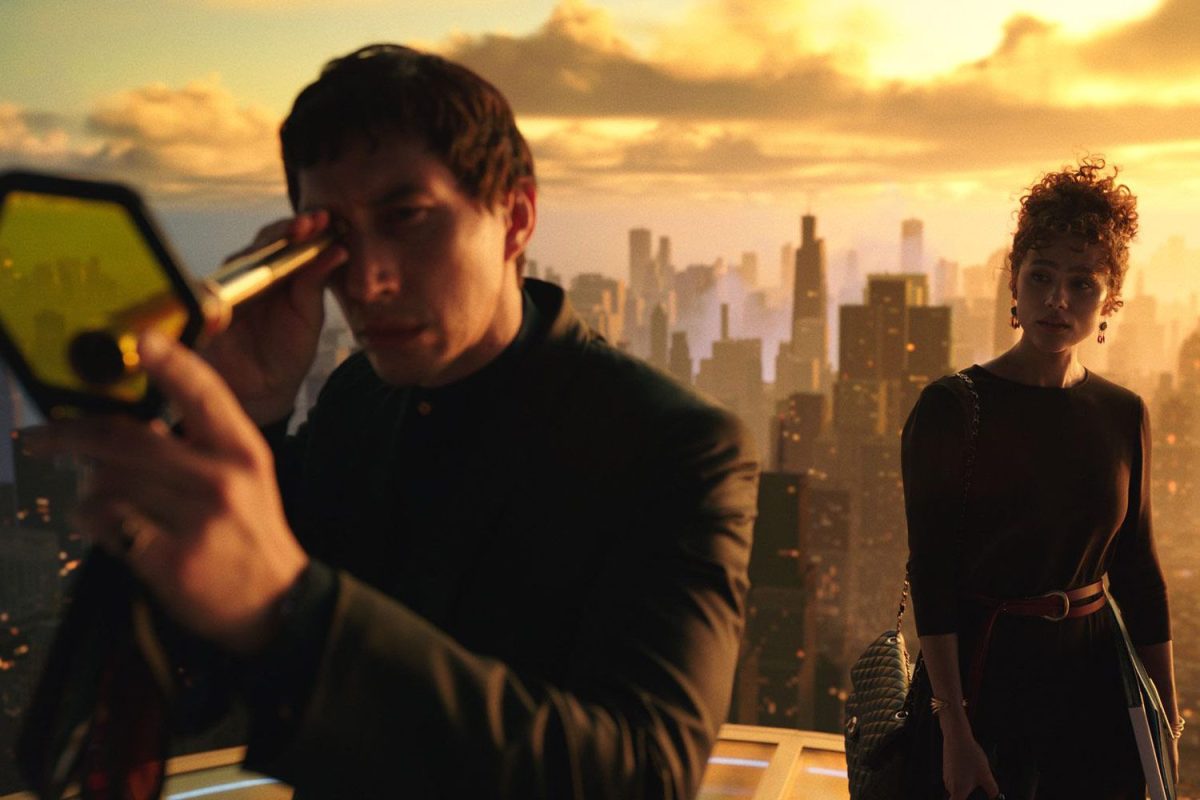
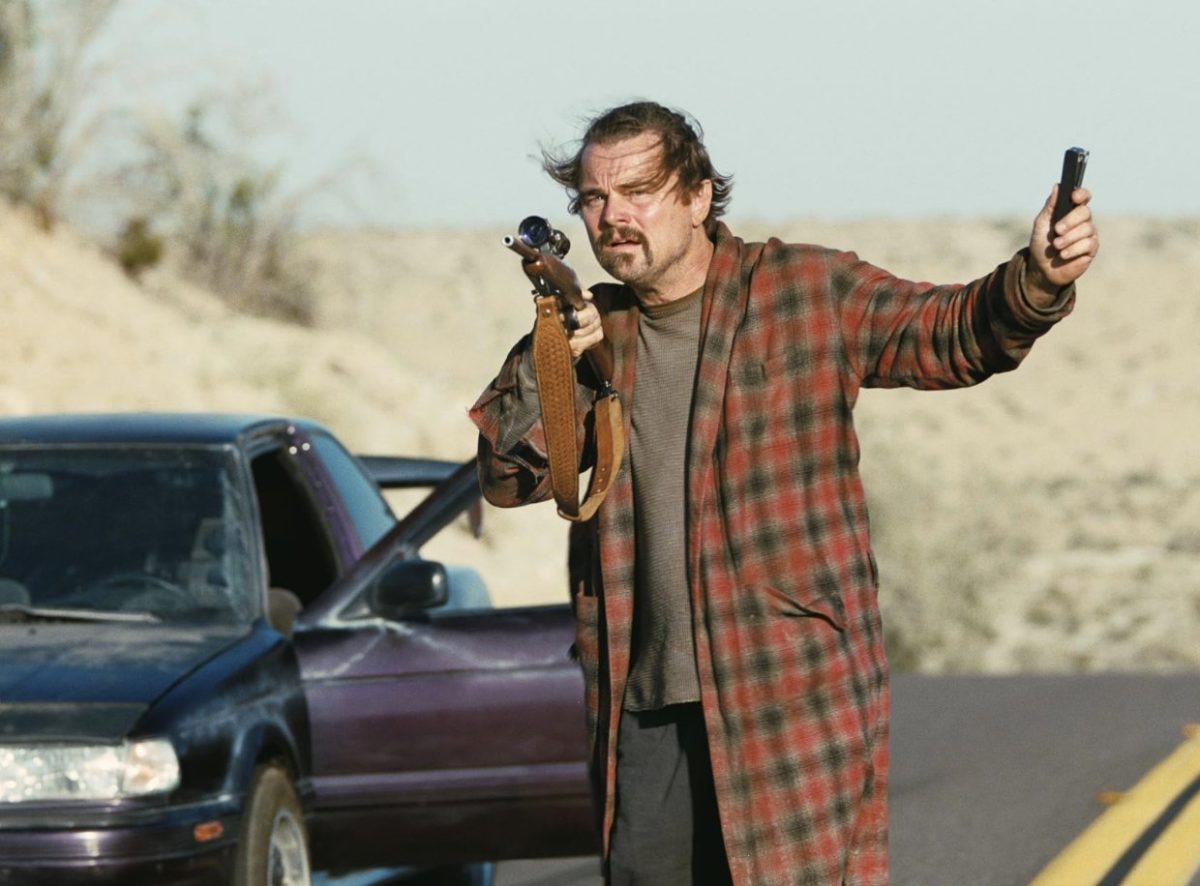
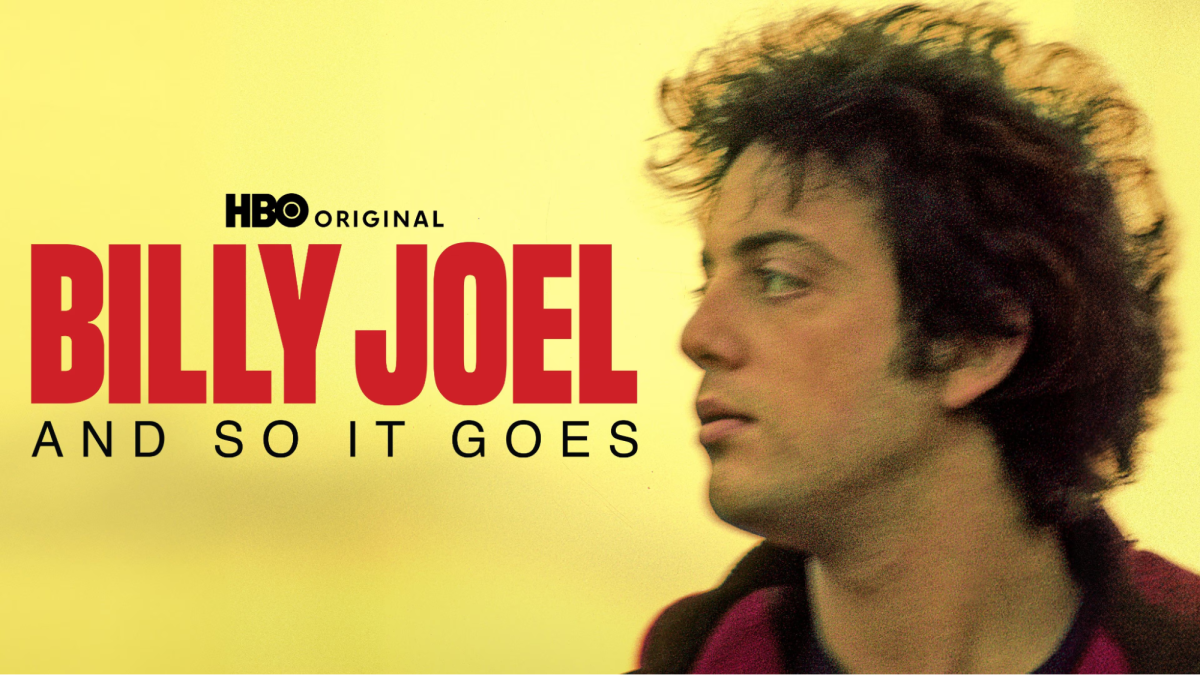





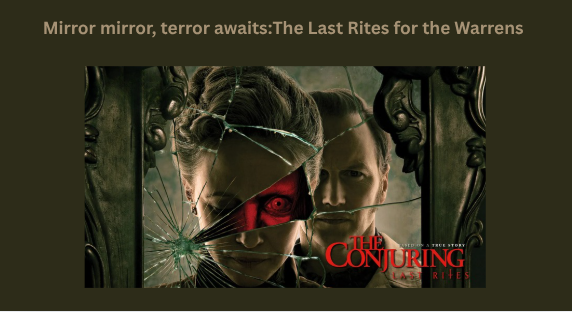


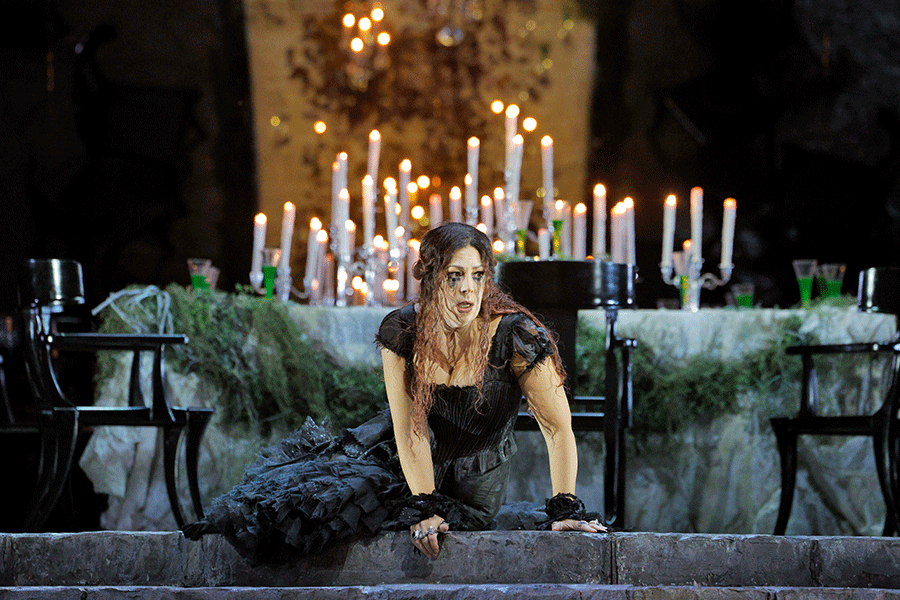


Cynthia Fey • Oct 17, 2024 at 12:32 pm
The clip where Adam Driver says “clu-ub” is so painful, it’s funny
Cynthia Fey • Oct 18, 2024 at 4:40 pm
And Sam, “completely incoherent with every gesture, all while tonally ascribing itself grand stakes and self-importance” is SUCH a great line!
Sam Dababneh • Oct 28, 2024 at 6:24 pm
Thank you, I appreciate it